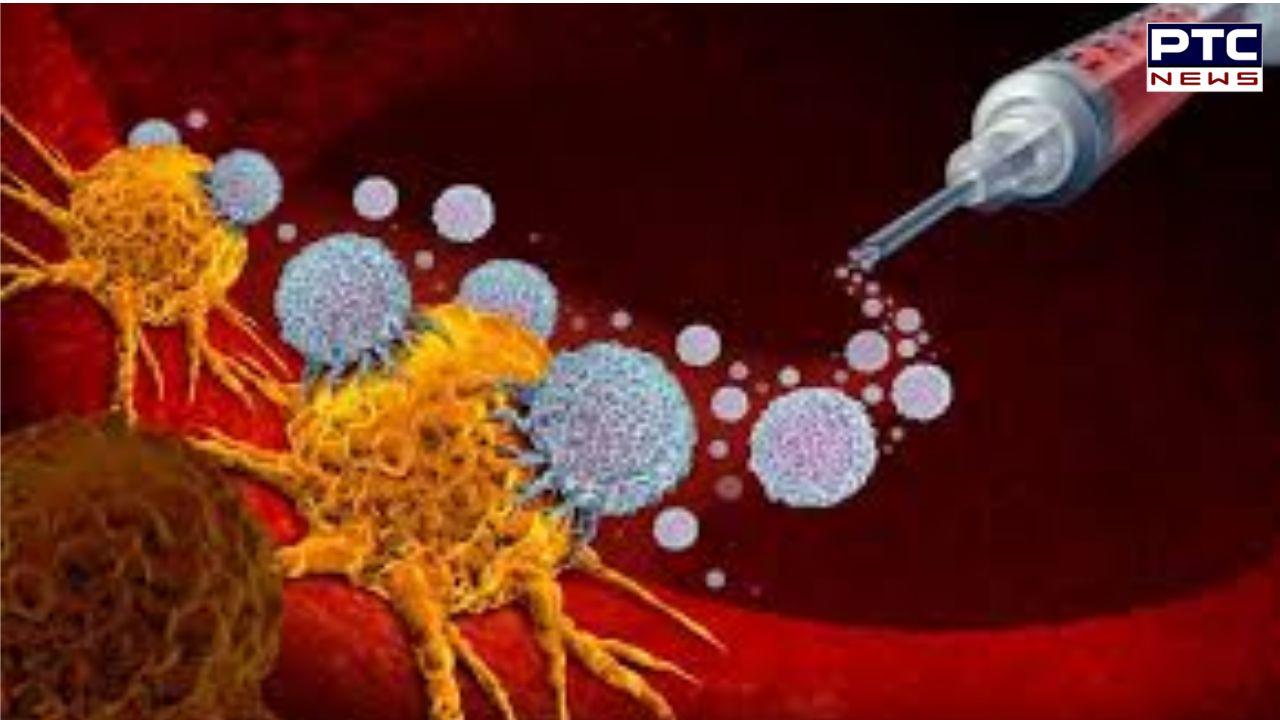

Russia claims breakthrough in mRNA cancer vaccine, plans dree distribution from next year
PTC Web Desk: Russia’s Ministry of Health has claimed a groundbreaking development in cancer treatment. The country has successfully created an mRNA-based cancer vaccine, a breakthrough hailed as one of the greatest discoveries of the century. The announcement was made by General Director of the Radiology Medical Research Centre of the Russian Ministry of Health Andrey Kaprin during a radio interview.
According to Russia's state news agency TASS, the vaccine will be administered free of charge to Russian citizens starting next year.
Andrey Kaprin revealed that Russia has developed its own mRNA cancer vaccine, which has demonstrated effectiveness in clinical trials by halting tumor growth. This innovation is expected to significantly impact global cancer treatment strategies. Earlier this year, Russian President Vladimir Putin had indicated that the country was nearing success in developing a cancer vaccine.
What is an mRNA Vaccine?
mRNA, or messenger RNA, is a small fragment of genetic code that instructs human cells to produce proteins. When a virus or bacteria attacks, mRNA technology guides cells to produce the proteins necessary to fight off the infection, thereby strengthening the immune system. Unlike conventional vaccines, mRNA vaccines can be developed faster and provide robust immunity. This mRNA cancer vaccine is the first of its kind.
In India, 14.13 lakh new cancer cases were reported in 2022, with 7.22 lakh cases in women and 6.91 lakh in men. Cancer claimed 9.16 lakh lives in the same year.
According to the Indian Council of Medical Research (ICMR), cancer cases in India are expected to rise by 12% over the next five years. Notably, lifestyle factors are the primary reason for the increasing incidence of early-age cancer, as per a study published in Nature Journal.
Globally, cancers of the breast, prostate, and thyroid are predominant in individuals under 50. In India, breast, oral, cervical, and lung cancers are the most frequently diagnosed types.
- With inputs from agencies
